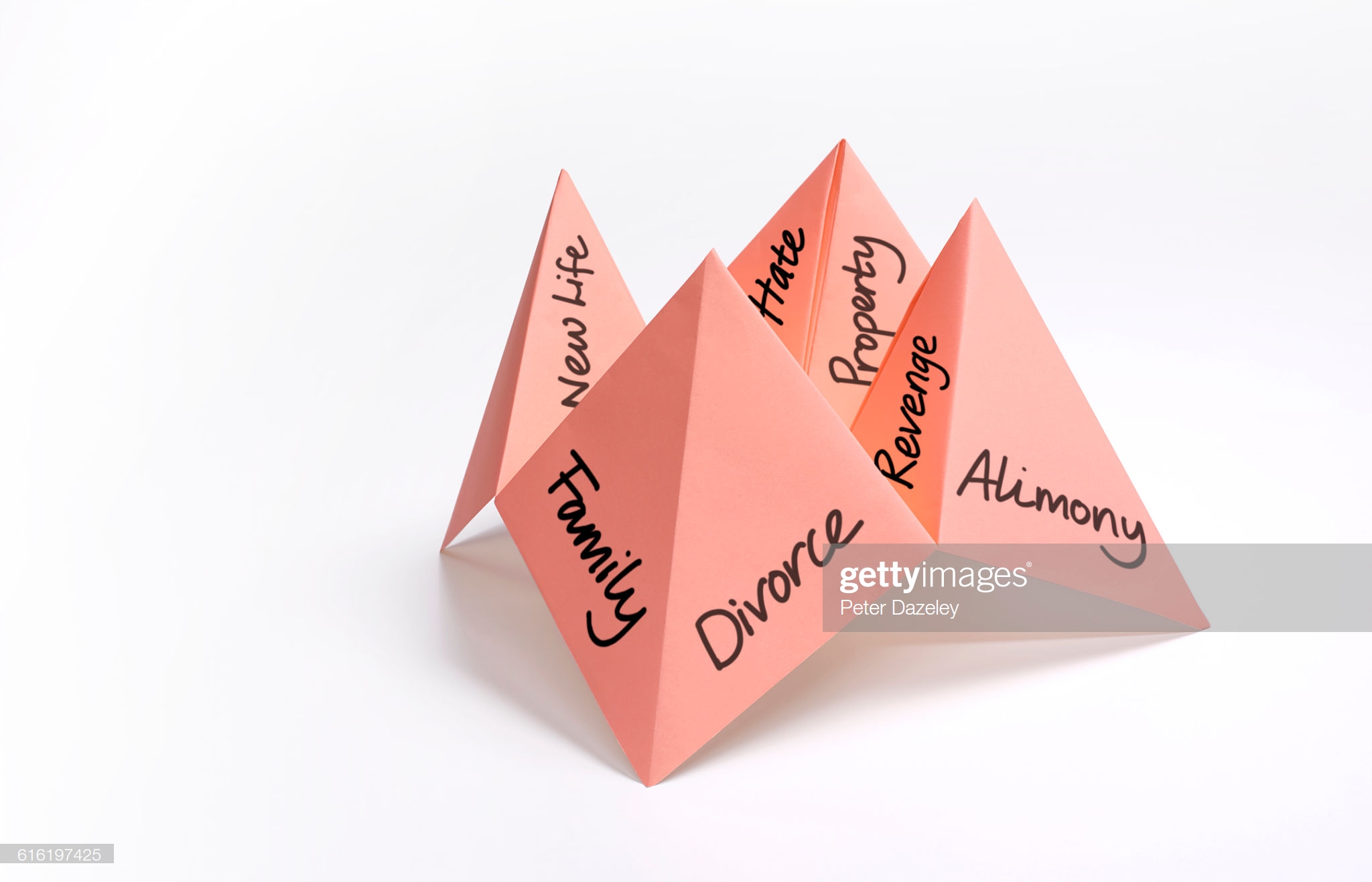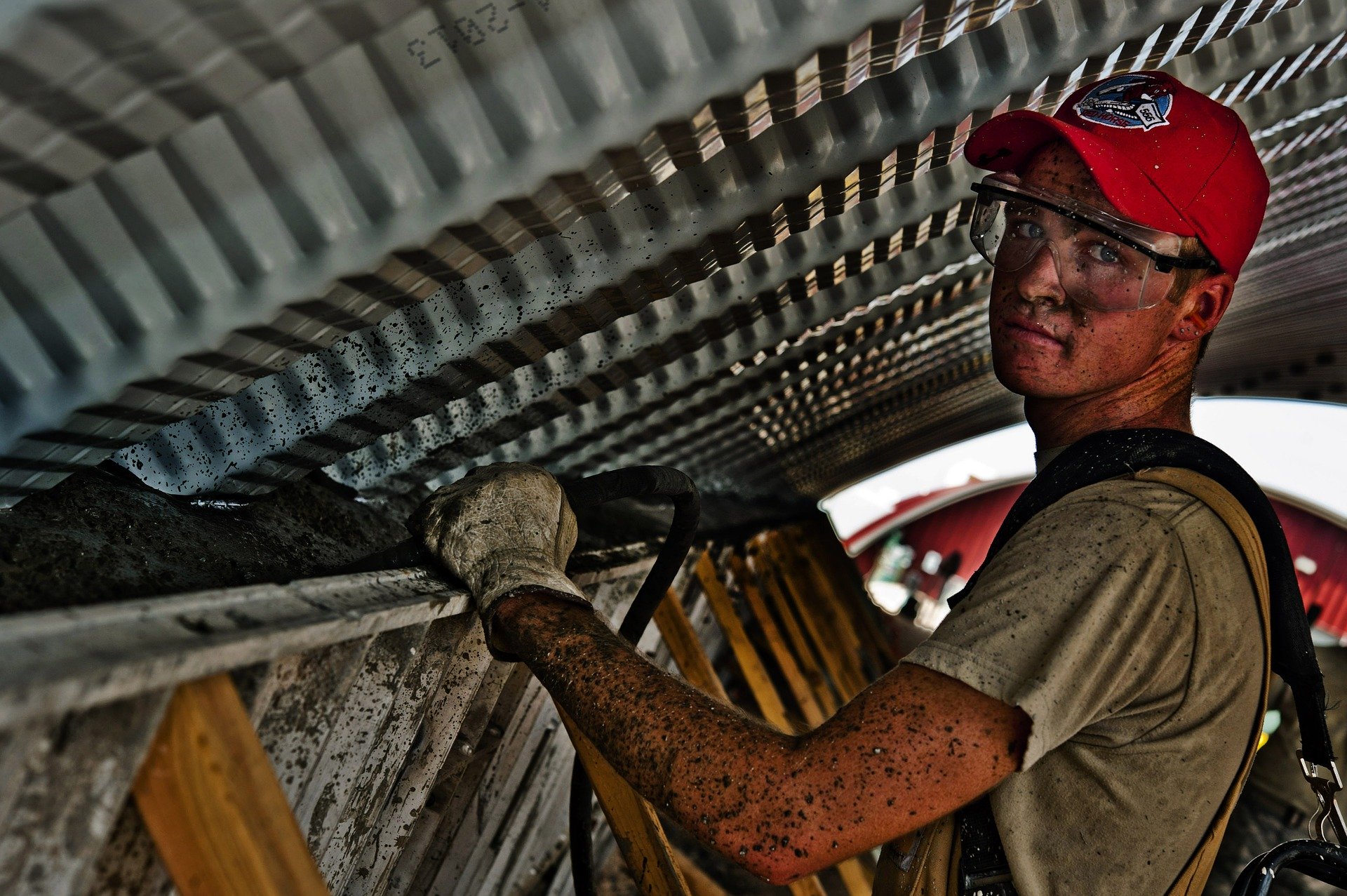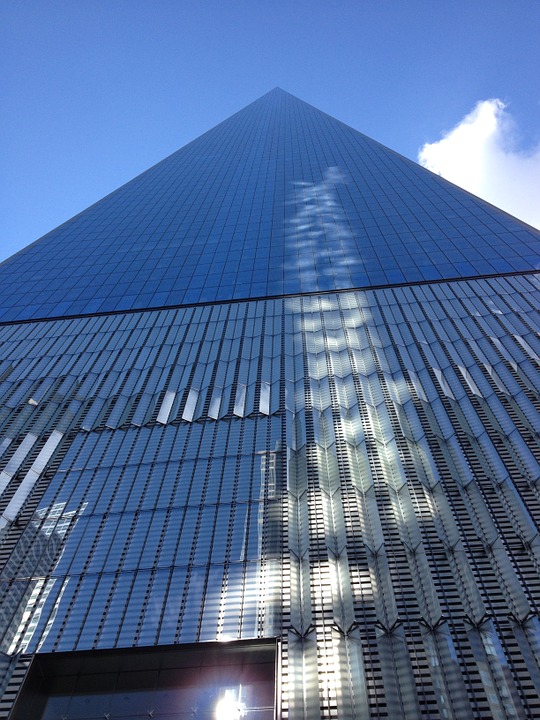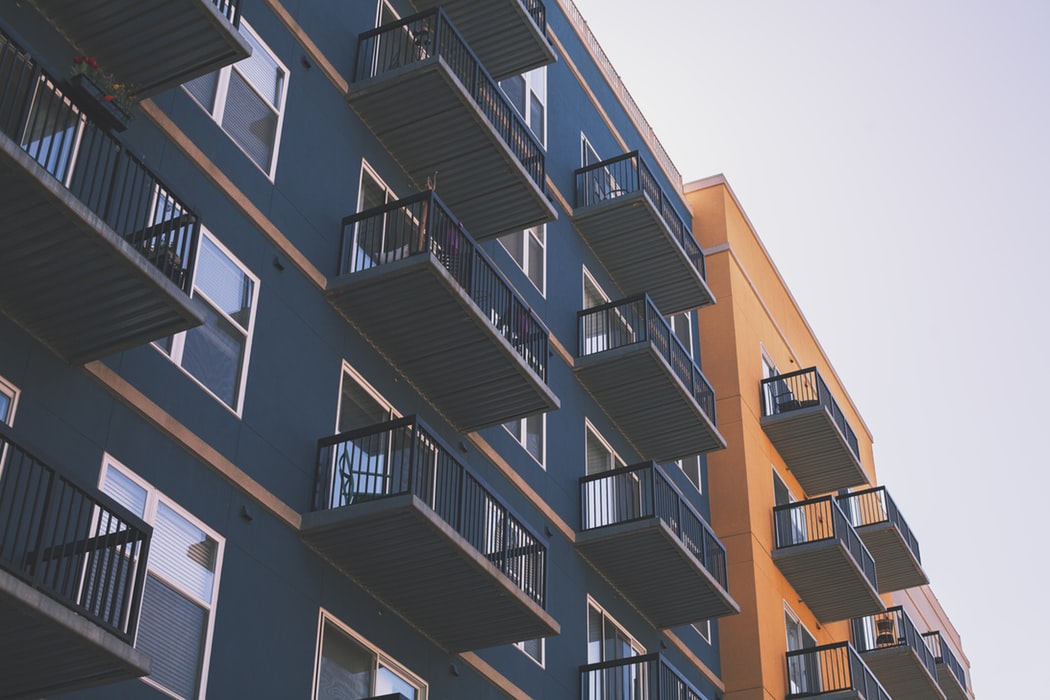Are you a lessee in Korea? (1) On Housing Lease
November 3, 2019Are you a lessee in Korea? (2) On Commercial Building Lease
December 26, 2019
As Korean society is getting more and more globalized, the number of international marriages is rapidly increasing. Many international couples live happily in Korean society fully understanding cultural differences. However, unfortunately, there has been also a rapid growth of the divorce cases between international couples. I would really hope that you are neither the one who is going to file for divorce nor to be the other party, but if you are, please check out several points on divorce case in Korea as below in order to save your time and tears.
1. Court Jurisdiction
If you are to file for divorce, you have to consider jurisdiction first. According to Korean Act on Private International Law and Korean Supreme Court precedents, you may file a divorce suit meeting one of the requirements in case of the following:
1. You or your spouse is Korean;
2. The habitual residence is situated in Korea;
3. The case is substantively related to Korea.
2. Governing law
If a party has Korean nationality and his or her habitual residence is located in Korea, Korean law may be governed. On the other hand, in case neither parties has Korean nationality, Korean Civil Act shall not be applied. It is important to find out which law is governed to your case when consulting your lawyer.
3. Why do you want to divorce?
If your divorce case is governed by Korean law, it is necessary to confirm the causes for divorce. According to Article 840 of Korean Civil Act, one may file a suit for divorce under certain requirements as below. If you don’t meet either of requirements, your filling for divorce shall not be accepted by Korean family court.
Article 840 (Causes for Judicial Divorce)
Either husband or wife may apply to the Family Court for a divorce in each case of the following subparagraphs:
1. If the other spouse has committed an act of unchastity;
2. If one spouse has been maliciously deserted by the other spouse;
3. If one spouse has been extremely maltreated by the other spouse or his or her lineal ascendants;
4. If one spouse’s lineal ascendant has been extremely maltreated by the other spouse;
5. If the death or life of the other spouse has been unknown for three years;
6. If there exists any other serious cause for making it difficult to continue the marriage.
If you have any further inquiries, please send me an email ([email protected]). My office is located near Seoul District Court and Gyodae station in Seoul.
Related posts
Blog Articles
Contact Information
201, 160, Seochojungang-ro, Seocho-gu, Seoul, Republic of korea.
Phone: +82-2-535-1235
Mobile: 010 5349 1235
Fax: +82-2-536-1236
Email: [email protected]


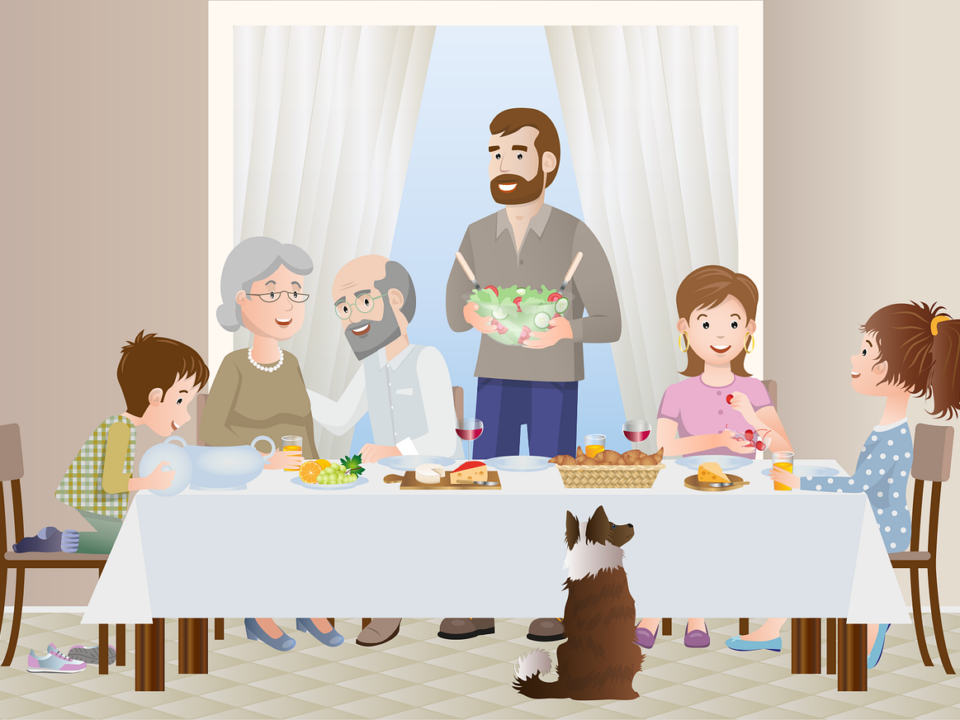










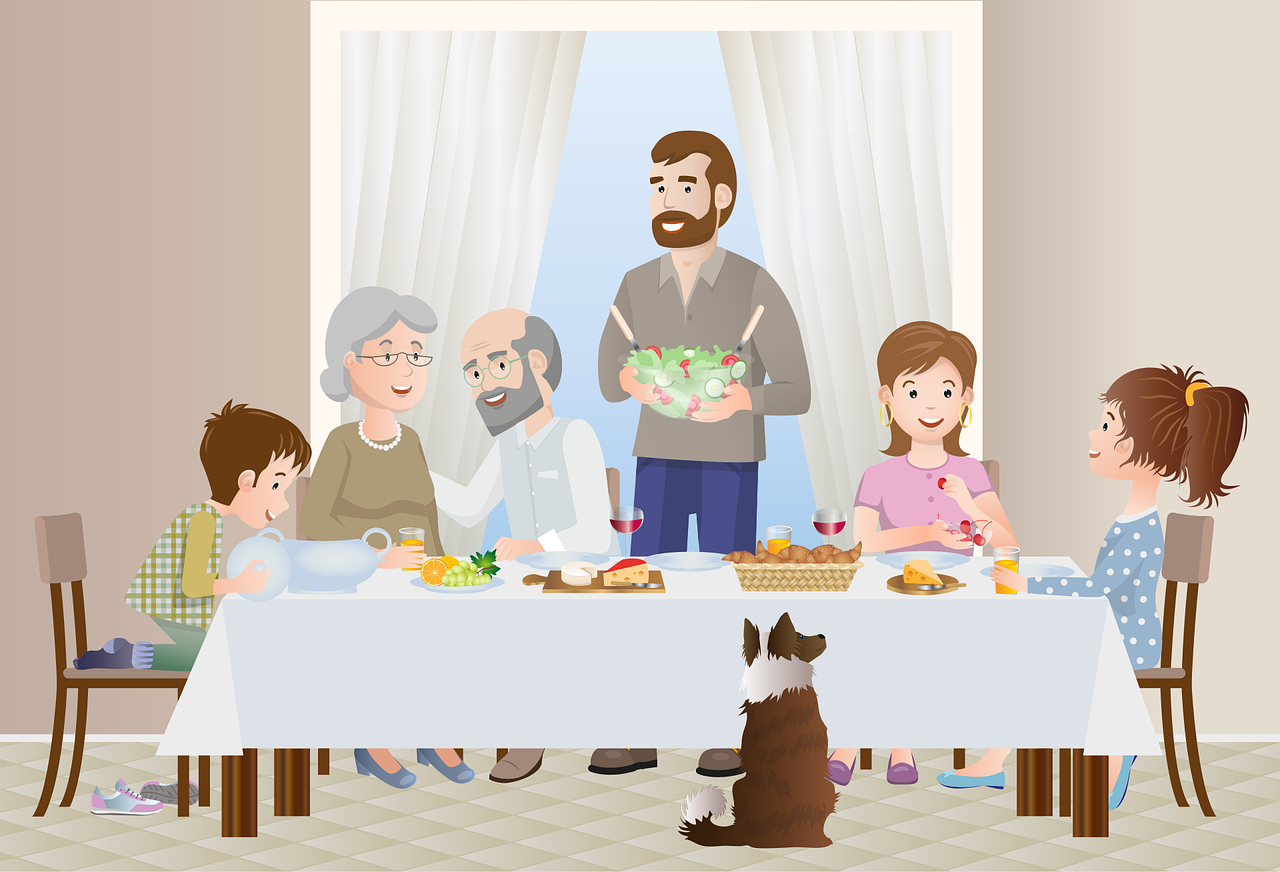





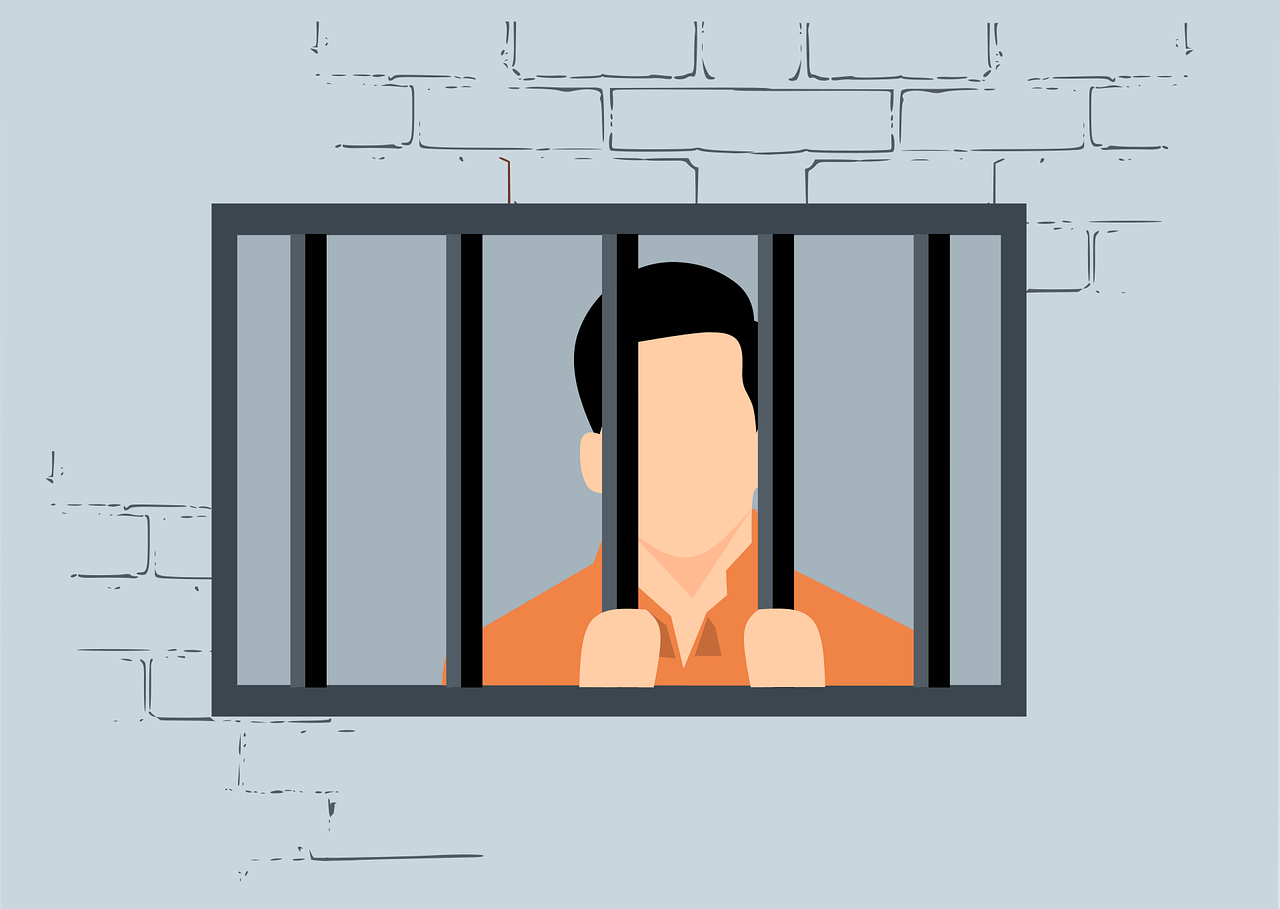








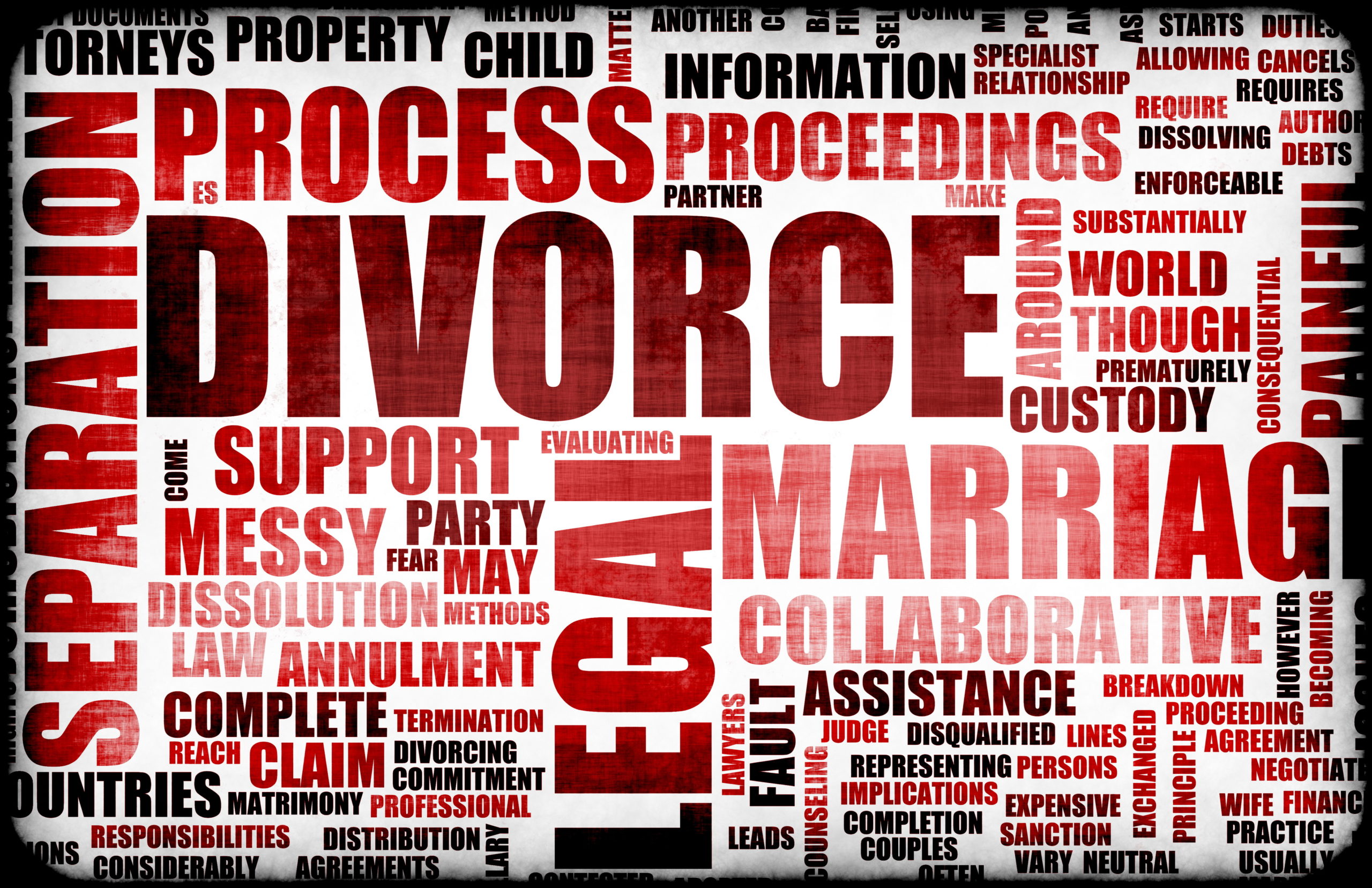


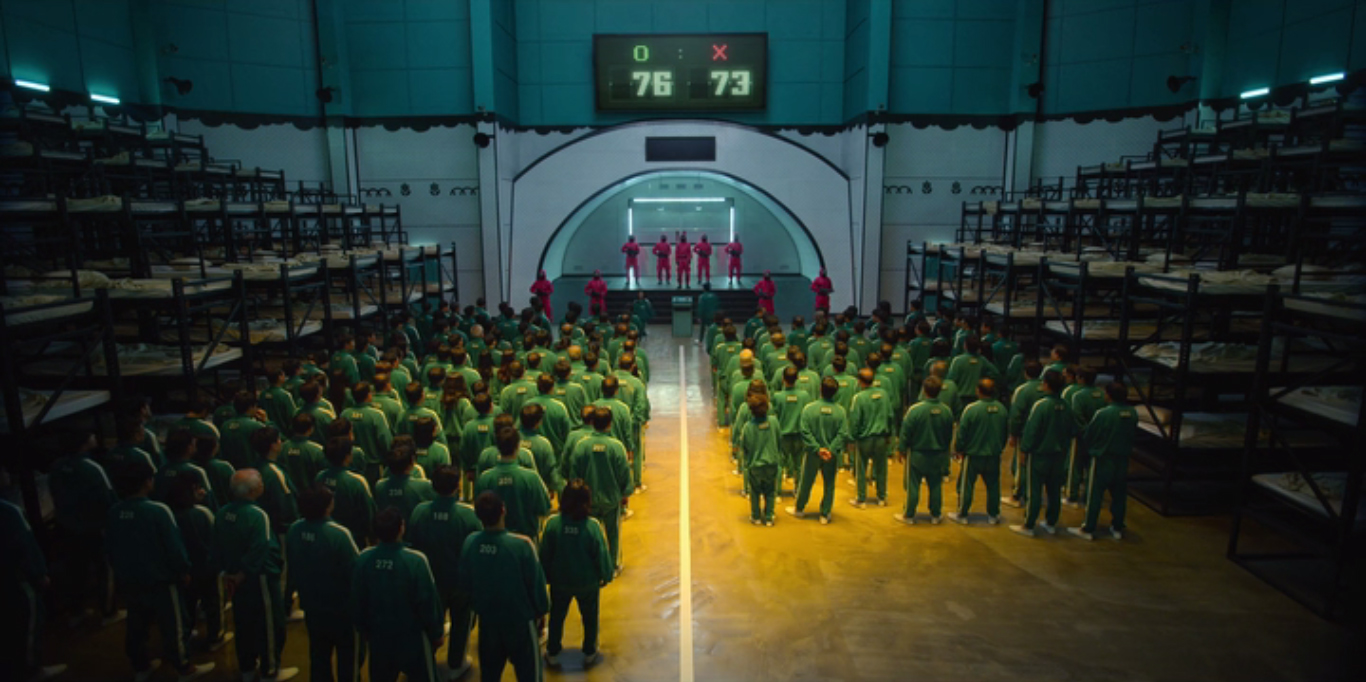
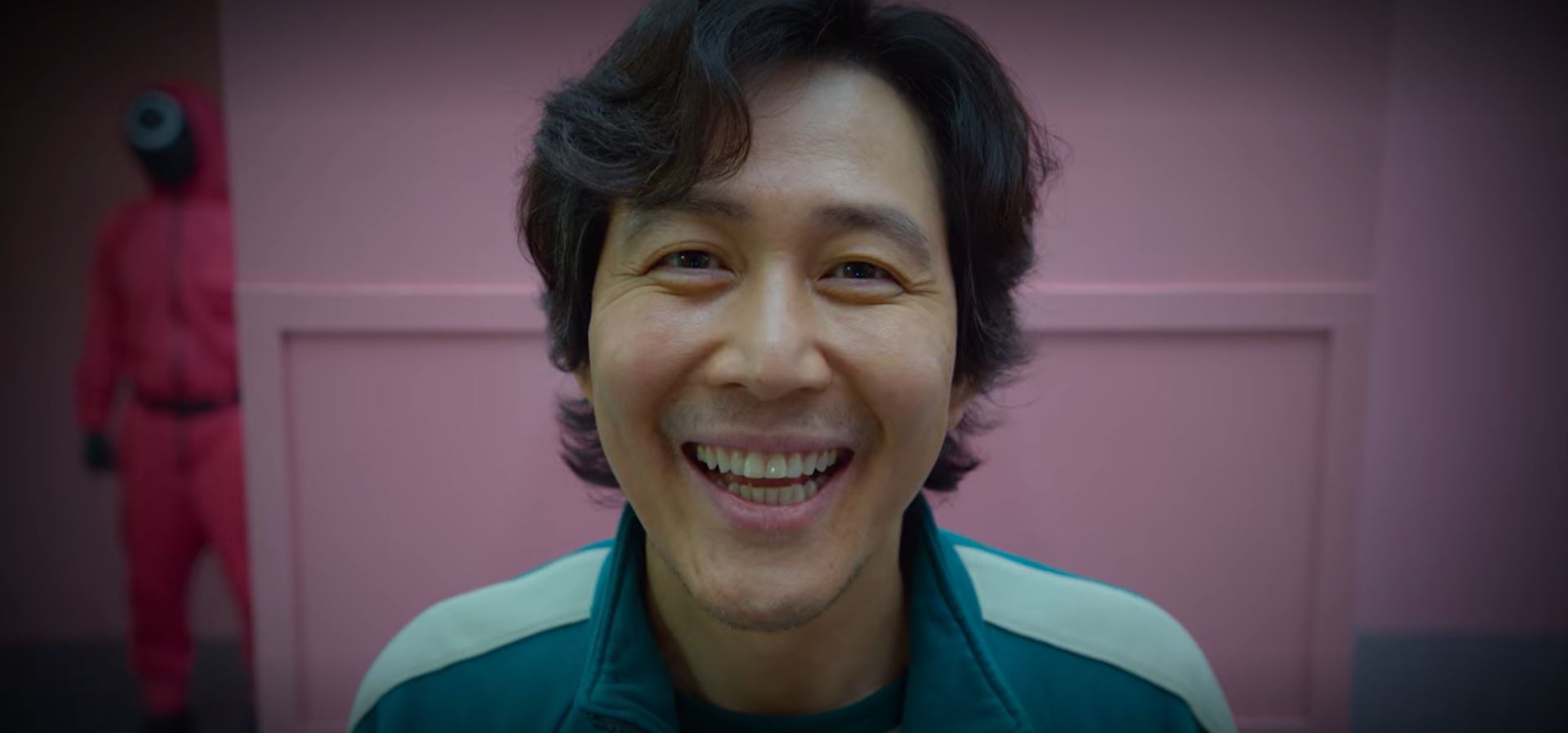
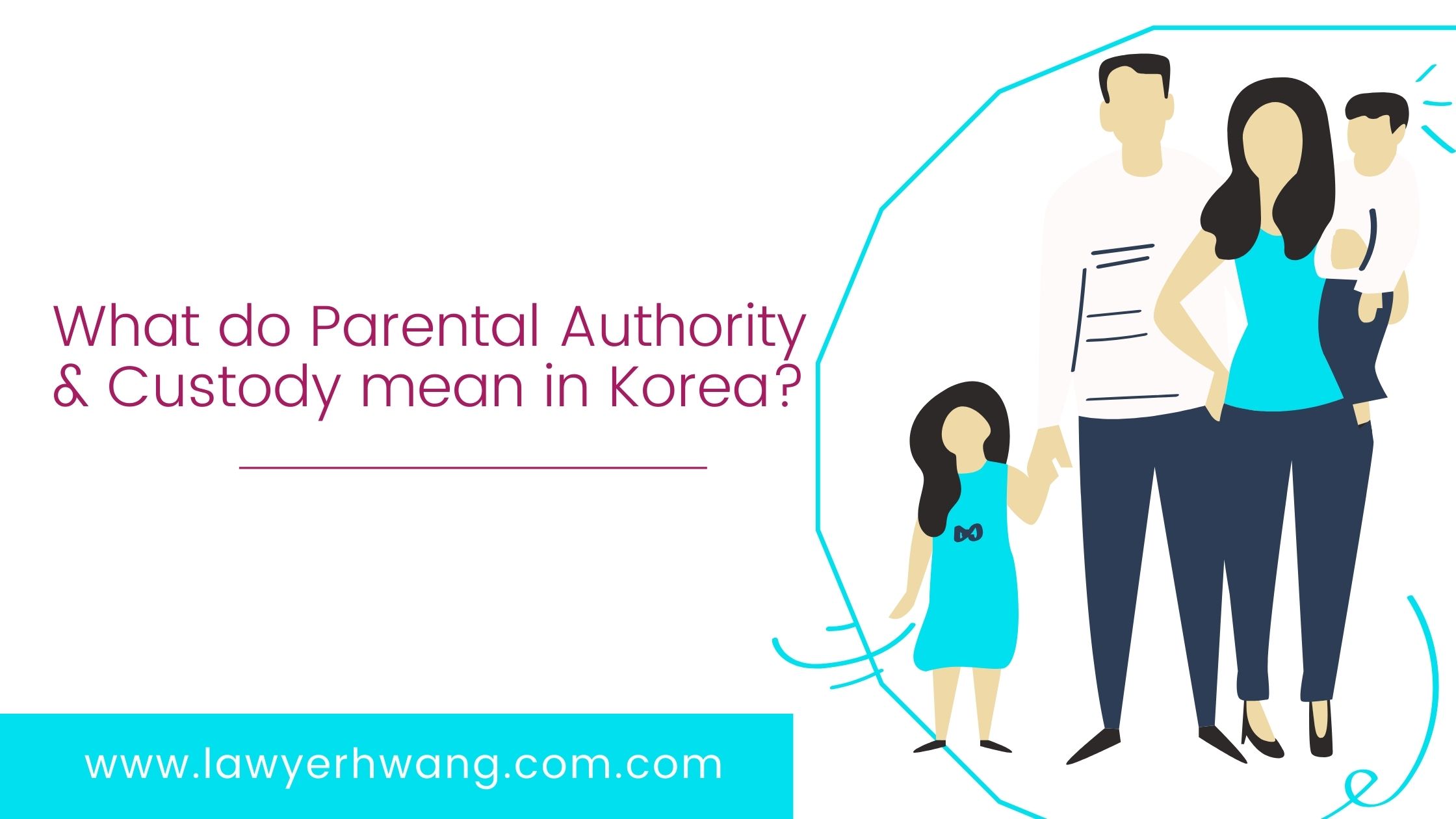



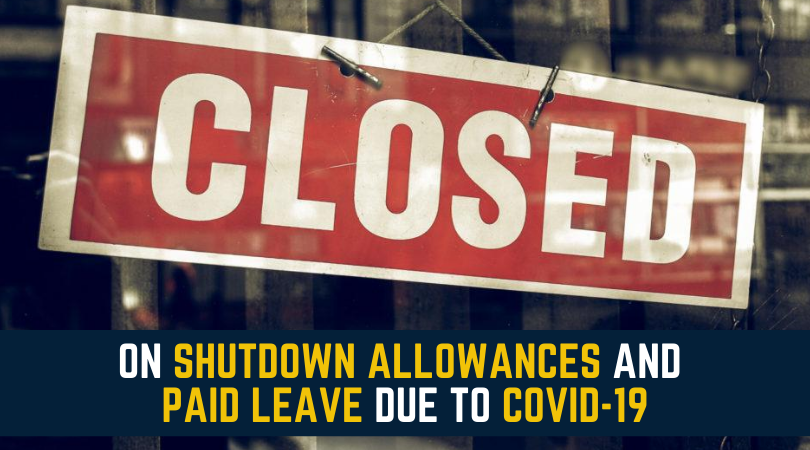
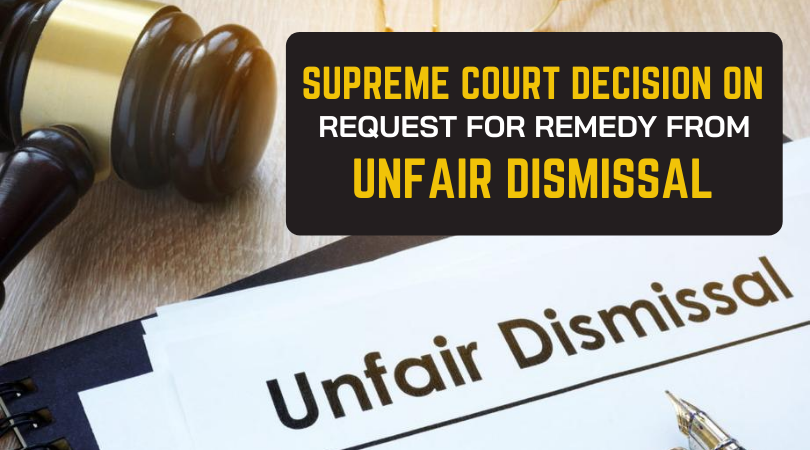
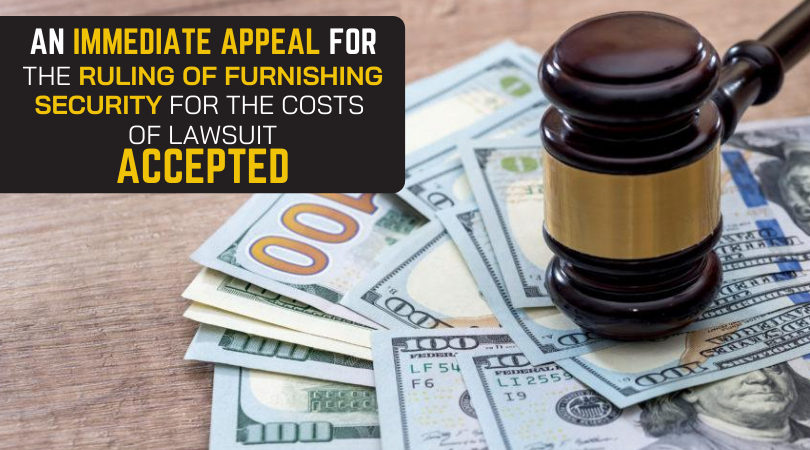

![[Supreme Court Decision – Criminal Law] – On Intent of Defamation](https://lawyerhwang.com/wp-content/uploads/2020/03/Supreme-Court-Decision-–-Criminal-Law-–-On-Intent-of-Defamation.png)
![[Supreme Court Decision – Criminal Law] – On Uploading a “Torrent File” of Obscene Videos](https://lawyerhwang.com/wp-content/uploads/2020/03/Supreme-Court-Decision-–-Criminal-Law-On-Uploading-a-“Torrent-File”-of-Obscene-Videos.png)

















